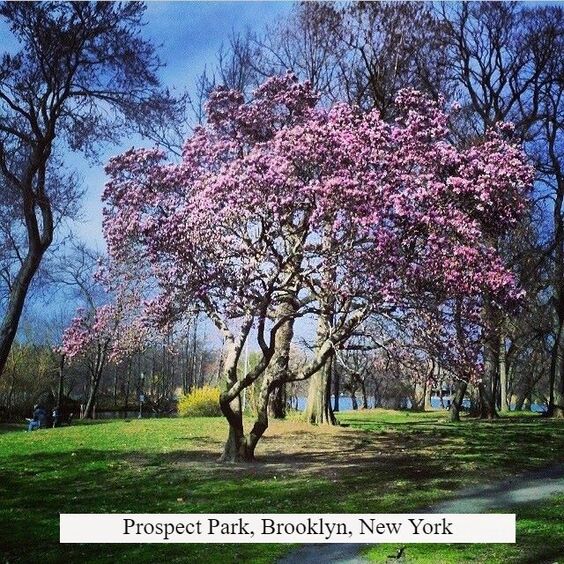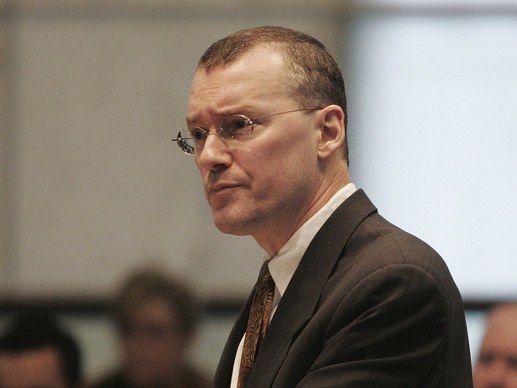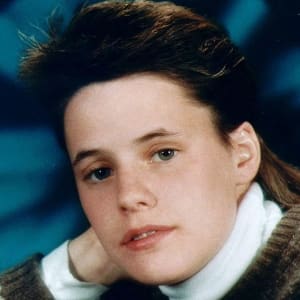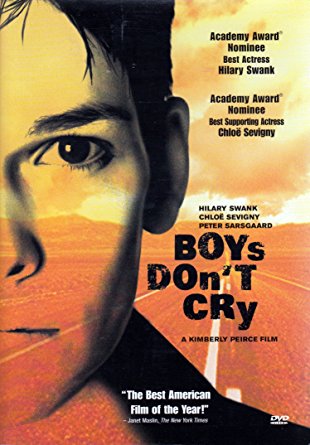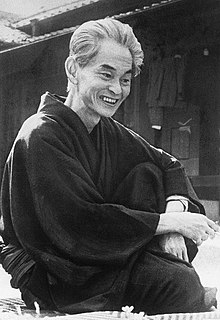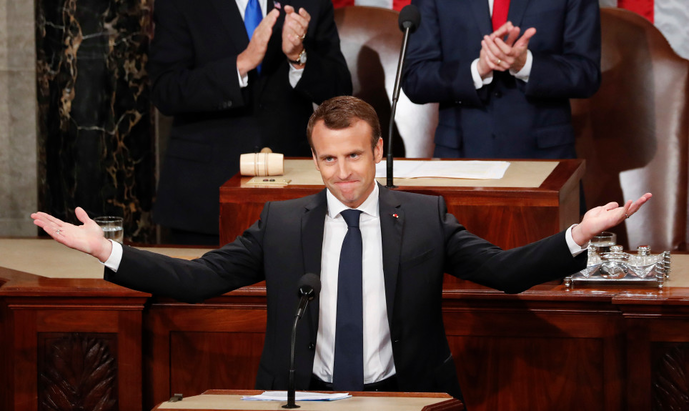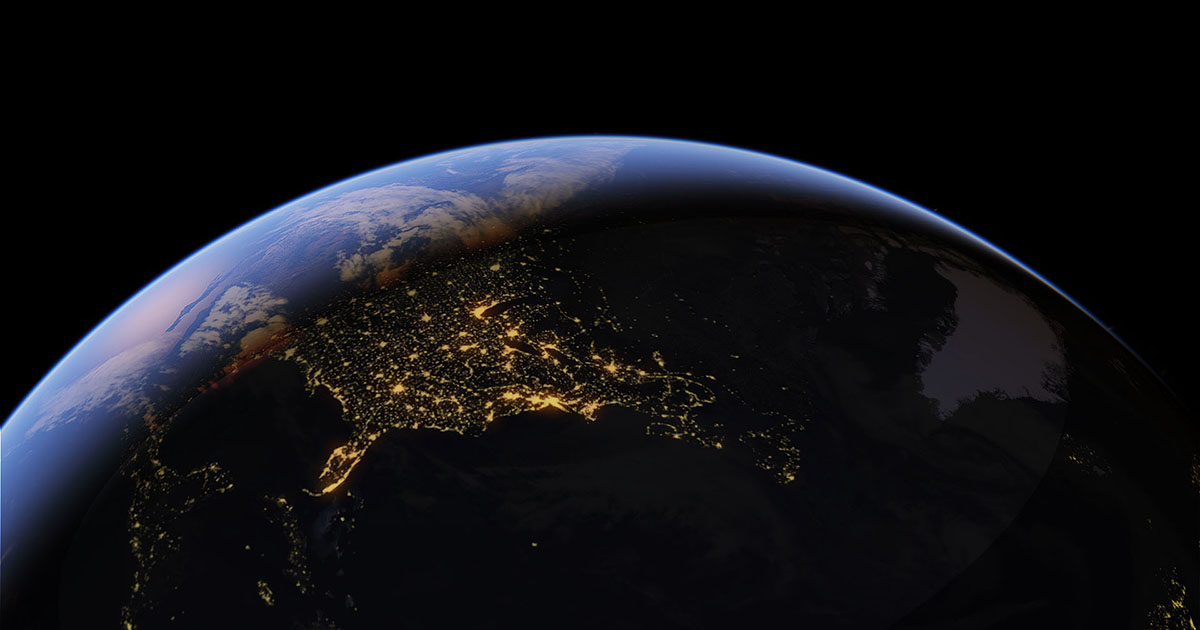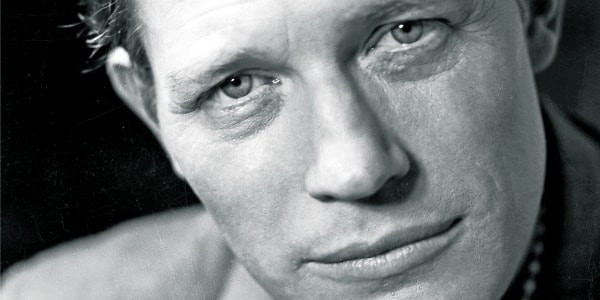|
April 14, 2018, Prospect Park, Brooklyn, New York. It was spring at its best in most places around the world, It was time for celebrating life, Yet one man decided to take his here with the belief that we can possibly live ours better. “I am David Buckel and I just killed myself by fire as a protest suicide.” For many years, David Buckel was a prominent lawyer, particularly famous for protecting gay rights, In 1993, a transgender teen Brandon Teena was raped and killed in Nebraska and David Buckel fought wholeheartedly as the lawyer of the victim´s family. The story was made into the movie Boys Don’t Cry in 1999. And in 1996, a student called Jamie Nabozny in Ashland, Wisconsin was harassed and bullied by classmates because of his sexual orientation., David Buckel once again stood up for the victim and won the case, with Nabozny awarded $962,000 in damages. Buckel was also very dedicated in the legalization of same sex marriage. One of the cases he was involved, the case Varnum v. Brienmade made Iowa the third state—and the first Midwestern one—to recognize same-sex marriage. Then starting 2008, he started to transfer his energy, skill and dedication to a new cause: environmental protection, He was key figure in the NYC compost project based in Brooklyn botanic garden, and thecomposting project he operated at the Red Hook Community Farm is a model of sustainability which operated free of fossil fuels. He himself walked for about an hour a day to work. But it seemed that the more he did, the more stressed he became: “...Pollution ravages our planet, oozing inhabitability via air, soil, water and weather. Our present grows more desperate, our future needs more than what we’ve been doing...Thus wrote he in his death note. And he saw death as his only way of showing concern of and giving more to our planet: ¨My early death by fossil fuel reflects what we are doing to ourselves”. Death itself is ugly, but taking one`s life when living is not possible any more, can be noble and dignified act, particulary while doing it for one´s idea, cause, or as a sacrifice for the lifes of others. “A lifetime of service may best be preserved by giving a life … Honorable purpose in life invites honorable purchase in death”. David Buckel obviously understood and believed in the nobility of death in the right manner. In the Brooklyn botanic garden where David Buckel had initiated his compost project, there is a cherry walk. April is the month of spring, also the month of cherry blossom, the blooming and death of this delicate pink flower called “Hanami” in Japanese. To Japanese, cherry blossom signifies both the beauty and evanescence of life. Almost half century ago, on the day of April 16, again the time of cherry blossom, the most famous Japanes writer Yasunari Kawabata also killed himself by gas in a small apartment . He did not leave any note, and there are different thesis about why he chose to die: because of depression, health problems, aging, or profound sadness caused by the suicide of his Friend and protege Yukio Mishima more than a year and half earlier. And the people close to him, including his wife, believed it was accidental death. But most likely, Yasunari Kawabata took his own life. For someone who was so obsessed with beauty that he had one of his characters felt revolted about a mole on the body of a young girl who was otherwise perfect, is own aging must became unbearably ugly, and for someone who had the tendency of beautifying death, to end life perhaps was not a tragedy but his last gesture of celebrating beauty. Capitol Hill, Washington On April 25, 2018, 11 days after David Buckel’s death, French president Emmanuel Macron said in his speech to American congress: “By polluting the oceans, not mitigating CO2 emissions and destroying our biodiversity we are killing our planet. Let us face it, there is no planet B.” Our planet A is the only one we have, the womb of our mother, everyone of us is damaging it by living, some more, some less, and some of us were beginning to be conscious of what we did and some of us were starting to do something about it, but for someone like David Buckel, it was not enough, he thought we need to do more on a grander scale, to make more changes on an universal level, we need a message, an urgent one, and he decided to be the messenger, and his body, the message. “I hope it is an honorable death that might serve others.” “I apologize to you for the mess,” thus was his final words, a gentleman and a soft soul even at the last minute. A lawyer, a human right fighter, an environmentalist, a father, part of a unique family who loved and respected him, David Buckel was changing the world, he was making the world a better place to live, he had won battles after battles, so why did he believe he could only help win the war against environmental pollution by dying? We will never know the real reason why David wanted to fulfill his life purpose in such a violent way, perhaps this poem of Swedish poet Harry Martinson can help us get some insight: The Great Trouble (1971) by Harry Martinson Nature's laws are already on the way to stand us all against the wall. That wall is law's own nature. It is missing an evangel. That great trouble all of us must share. Then it will be possible to bear. The great trouble is to take great trouble. That is what all of us must learn. Amid all shoulds and should have beens there is one must for all. All must learn to take great trouble with the world. Now that man has gotten power enough to bring about the trouble of the world the time is now to heal the trouble of the world in time before all nature has become everybody's troubled child. This is called taking trouble in time. True trouble which sees in time to what it sees. Translation by Stephen Klass and Carolyn Skantz During World War II, Japanese pilots who embarked on suicide missions painted their kamikaze warplanes with the cherry blossom imagery (Kamikaze bombs), so they can die like beautiful cherry petals for the emperor. In Japanese, cherry blossom or Sakura also signifies renewal. So perhaps all those who have chosen to take their life with a honourable purpose, with the blessings of cherry blossoms, consciously or unconsciously, will be reborn again, one way or another. And our planet, no matter how damaged it is, will always have hope, because more and more of us start to realize that "There is no planet B."
Comments are closed.
|
Archives
July 2023
|
